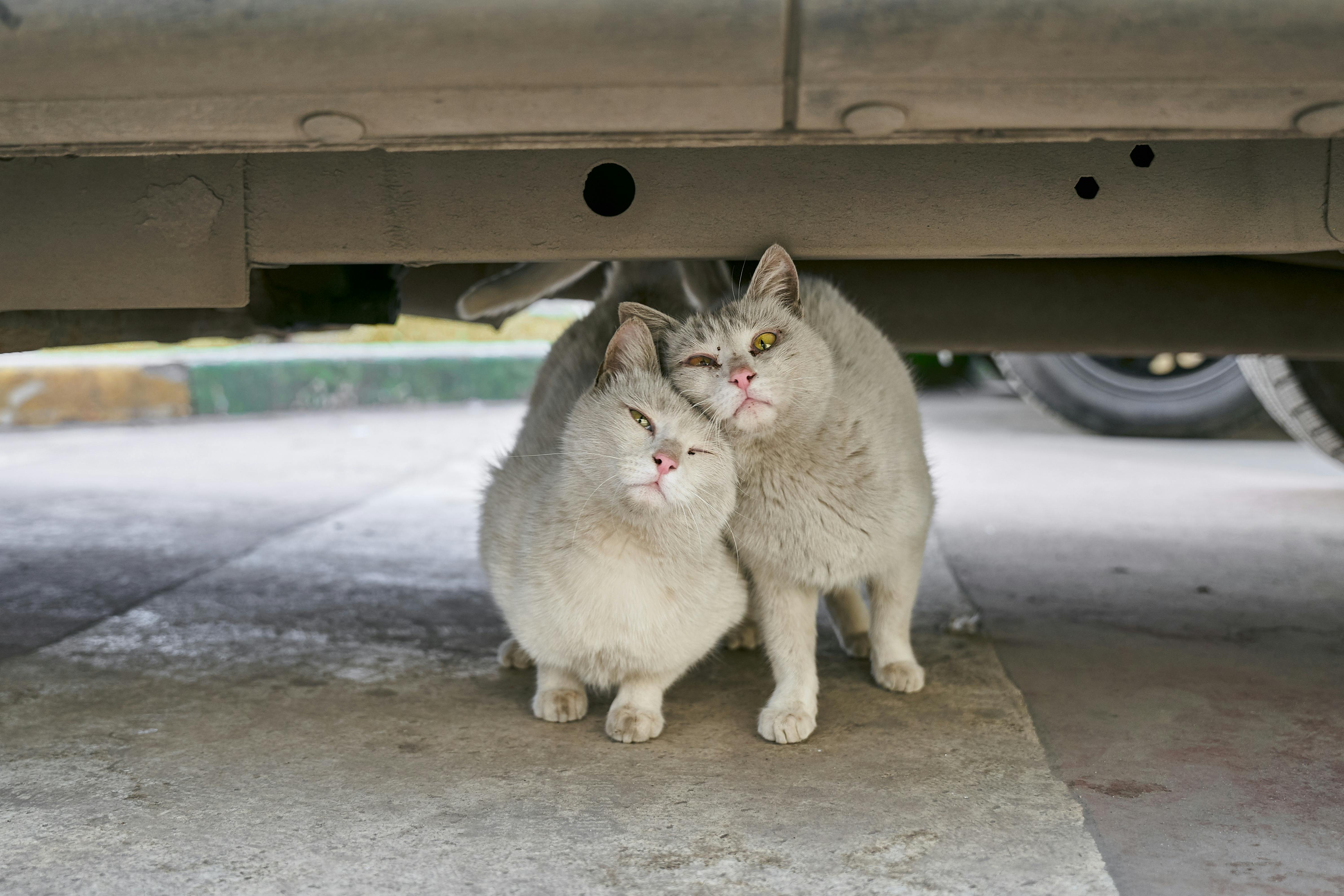
Feline Language – Feline Speech
Cats communicate with each other and with you, their owner, through a wide variety of sounds and body language. With a little study and observation, you can figure out exactly what he is trying to tell you.
Vocal communication
Cats are capable of making a wide variety of sounds, from howls and purrs to squeaks. Here’s a quick guide to some basic cat sounds and what they mean;
Meowing is the most common sound a cat will make and it can mean a number of things depending on pitch, pitch, or volume. A soft meow is usually a greeting to its owner or a companion cat. If the meow has a more strident tone, it is usually a demand for something, that is, food or attention. The louder and more strident the tone, the more urgent the demand. A loud and repeated meow is a very strong demand and is very difficult to ignore. However, sometimes you will use a soft, high-pitched tone if you ask more politely.
A scream will indicate that you are in pain or very distressed. Screams are used when emotions are very high, such as before a fight. And we’ve all heard the supernatural wailing of two cats trying to bully each other before conflict, often in the middle of the night!
A purr is used to show satisfaction, although cats have also been known to purr when injured. The vibration of the purr is believed to aid the healing process and soothe cats. If you meow while purring, you feel very relaxed and content.
A cat will growl as a warning, for example, if you are playing with it and it wants you to stop. Persistence will generally result in a physical attack, so be careful. The whistle is used as a warning or serious intimidation; The cat’s next move would almost certainly result in an attack.
A soft chirp (known as a chudder) is used to attract attention or as a soft greeting. You may see your cat looking at birds through the window and making a strange little “chattering” sound. This is very common when they are observing prey that they cannot reach, and it is not known if it is a threatening sound or caused by frustration.
House cats tend to vocalize more than feral cats, probably because they have learned that this is the best way to attract human attention. If you observe your cat for several weeks, you should become familiar with your own unique ‘vocabulary’.
